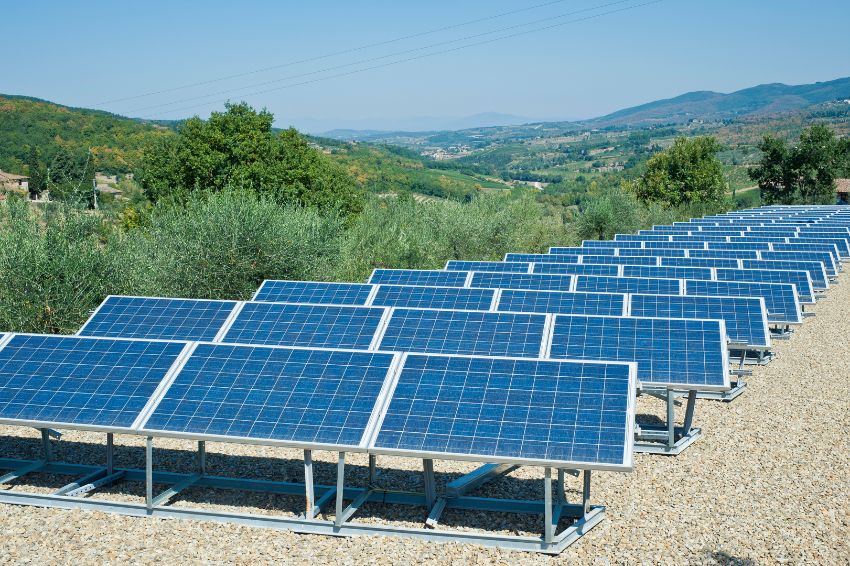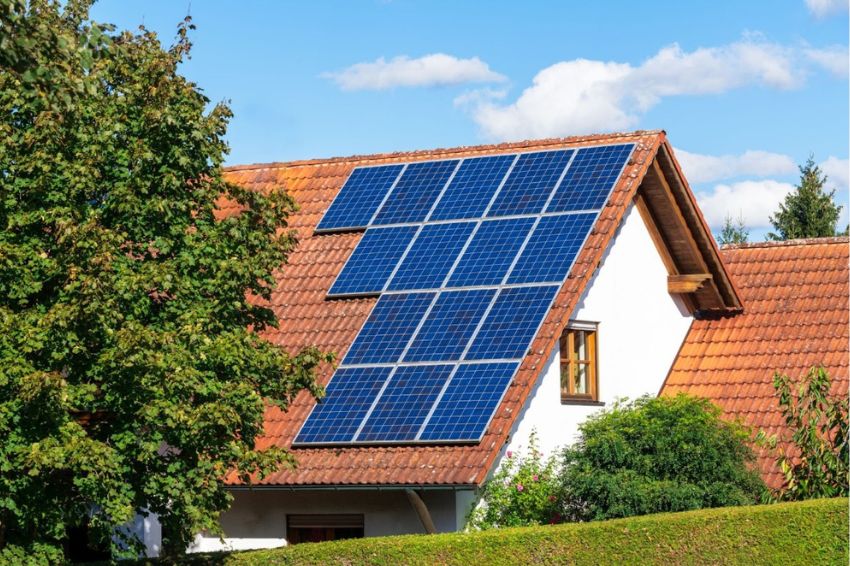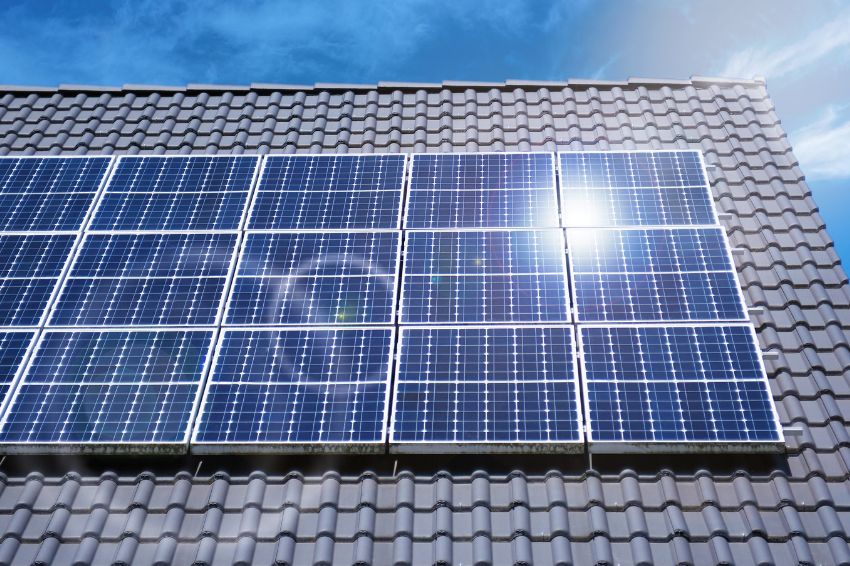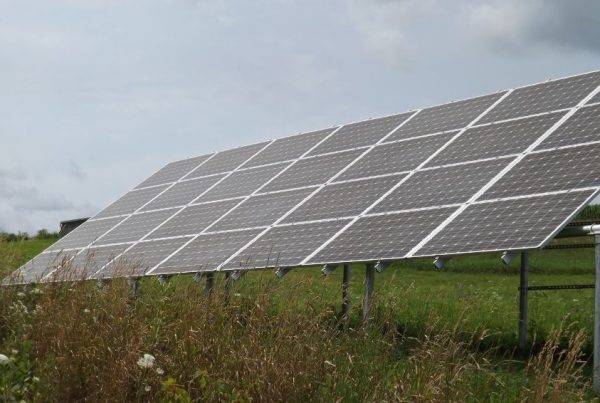The legislation
Across the globe and including in Brazil, the energy sector has shown major changes. Countries have observed that the current energy matrix, supported by non-renewable sources, such as energy generation using fossil fuels, does not guarantee long-term stability.
Understand Brazilian legislation on solar energy is essential for entrepreneurs who wish to invest in a new energy source in their industry or companies, or even for any individual who intends to join this new model of generating energy in your home.
Regulatory body for the use of solar energy
In 1996, the law 2427/96, which established the ANEEL (National Electric Energy Agency) of the function of regulating energy use in Brazil. Since then, the agency has determined the standards, with the necessary conditions for the use of any source of electrical energy in the country.
The law states that the ANEEL is responsible for regulating and supervising any production, transmission, distribution and commercialization of the input.
It was developed Decree 2335/97, in addition to the law, which deals with the internal organization of the agency, including its competencies, duties, status, autonomy, among other elements in this aspect.
Legislation on solar energy comes both from laws created and developed by the Federal Government, and from ANEEL resolutions.
Permission to generate your own energy
In 2012, ANEEL launched a Normative Resolution (REN 482), one of the most important in the solar sector in Brazil. Measure made it possible for citizens to generate their own energy.
Following this legislation, electricity generation concessionaires were required to develop mechanisms that allow end consumers to generate their own energy, whether in their homes or businesses.
In other words, it is an exchange: excess production, generated by solar energy equipment, for benefits on the electricity bill.
Energy credits
By generating more than will actually be used and not using solar energy storage means, one can inject surplus into the distribution network. From this, energy credits are generated.
It is a kind of electricity bonus, which can be used later, when it is not possible to generate enough to supply the company or home.
With REN 482, the use of solar energy credits was regulated in Brazil. However, in 2015, ANEEL created the Normative Resolution 687 (REN 687), accompanied by some changes.
The new resolution brought major changes – considered by some to be a major evolution for the solar sector.
In resolution 482, the time for using the credits was a maximum of three years after the end of the contract with the concessionaire. Resolution 687 offers a longer period of tolerance, up to five years.
Ways of generating solar energy
Resolutions 482 and 687 comprise a list of forms of solar energy generation that are permitted in Brazil. According to legislation, the main ones are:
- Distributed microgeneration: generation plants with power less than or equal to 75 kW.
- Distributed minigeneration: generation plants which, in the case of renewable energy, such as photovoltaic solar energy, have a power of less than 5 MW.
- Electrical energy compensation system: When there is surplus energy generation, both in the case of microgeneration and in the case of minigeneration, the consumer can insert the excess energy into the public electricity grid in exchange for credits.
- Enterprise with multiple consumer units: generation of electrical energy for several consumers, as long as they are all located on the same property or on contiguous properties.
- Shared generation: meeting of consumers through a consortium or cooperative.
- Remote self-consumption: generation of electrical energy in units located in a different region from which the energy will be consumed, as long as the locations are all owned by the same owner.
Incentive for photovoltaic solar energy in Brazil
In 2018, Brazilian legislation established the PRONASOLAR (National Photovoltaic Solar Energy Policy). This is a program whose objective is to expand the use of renewable energy sources in the country, with a focus on photovoltaic solar energy.
Among the benefits of this legislation is the establishment of credit lines for solar energy.
With the installation of photovoltaic modules for the generation of solar energy carried out by homes, industries and businesses, with the aim of contributing to environmental preservation, access to credit is facilitated. The conditions regarding interest and payment are more accessible.
Legal framework for solar energy in Brazil
On January 6th of this year, 2022, the President of the Republic sanctioned the Bill PL5829/19, becoming the new Solar Legal Framework in Brazil, by Law 14,300/22.
The new law brought many changes to the solar energy sector, check it out:
- Anyone who already has the solar system installed and whoever installs the new solar system by the end of this year will have energy credits unchanged until the end of 2045 (1kWh of credit for every 1 kWh injected into the grid).
- Greater legal security, Normative Resolution 482/12 could be changed at any time by Aneel.
- Permission to legally install hybrid systems with batteries, an item still under analysis for regulation by ANEEL.
- Permission to sell energy credits to the concessionaire, an item still under analysis for regulation by ANEEL.
- There will no longer be a double charge for the minimum fee.
- Greater possibility of creating shared solar plants.
- Easier to distribute energy credits, the deadline for changes was reduced from 60 to 30 days.
- Allows the reduction of credits between energy concessionaires and licensees.
- Environmental benefits from solar systems will be valued and remunerated from March 2022.
The importance of understanding the legislation
As previously mentioned, knowing the legislation regarding solar energy in Brazil is of great importance to understand how this particular type of energy generation works.
To learn more and better understand the advantages and disadvantages, in addition to government policies, the Market and Regulation Course can guide you during this process and ensure that you understand this market before adopting this generation format.

















2 Responses
Hello! When installing so-called Solar Energy in the Condominium, what will it be like in relation to the AMPLA supply?
Will it be suspended immediately, at no additional cost?
We will maintain some payment in relation to the reduction in consumption for some time, as solar energy will be generated.
Would you like to know about the installation and procedures with AMPLA? The installation of the signs will be carried out via 36-month financing. Will the power supplied by AMPLA be switched off at the time of installation? Will I have to make any payments? For some period.
I am waiting for the information to be able to carry out the necessary calculations.
Information is necessary.
Good morning! I would like to know what the legislation says about the supply of energy to the final consumer in the following aspect:
For example, I make a contract with a company to supply energy to my house, which consumes an average of 250kW per month. However, the operator only supplies half 125kw and CEMIG supplies the other half. I understand that the correct thing would be for the contracted company to supply all the energy that my house needs because it doesn't make sense for me to sign a contract with the company and for it to only supply half. Is there any situation provided for by law that prevents the company that produces solar energy from supplying 100% of what the household spends?